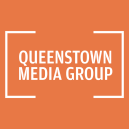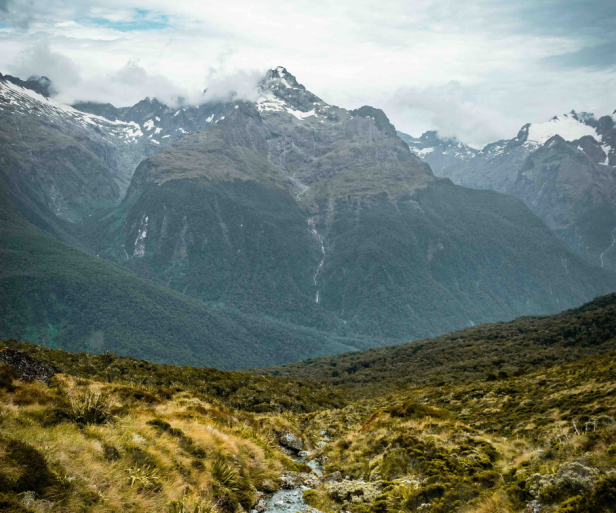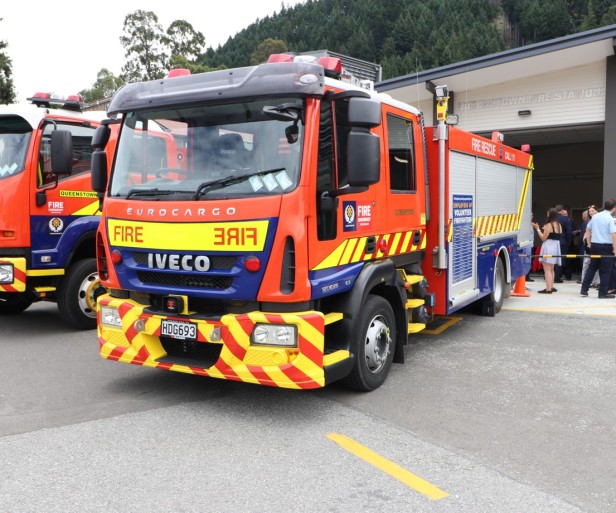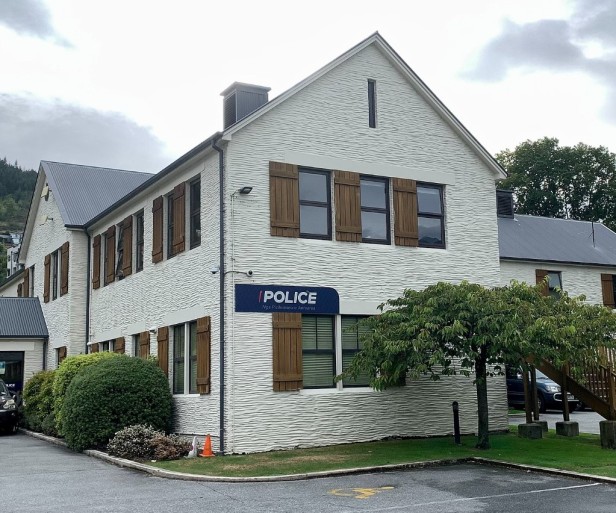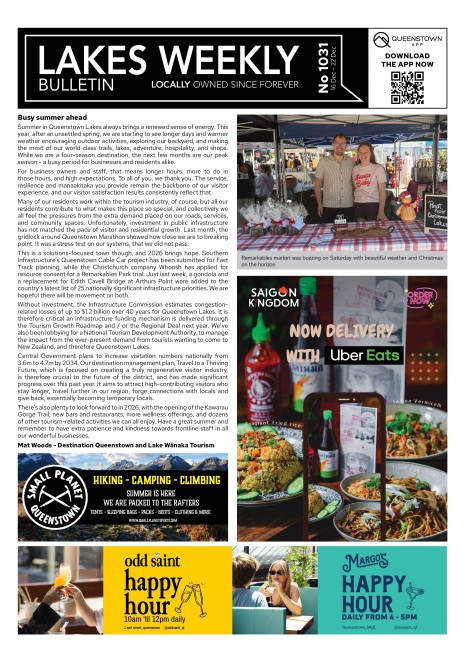Gold star for pandemic wellbeing project
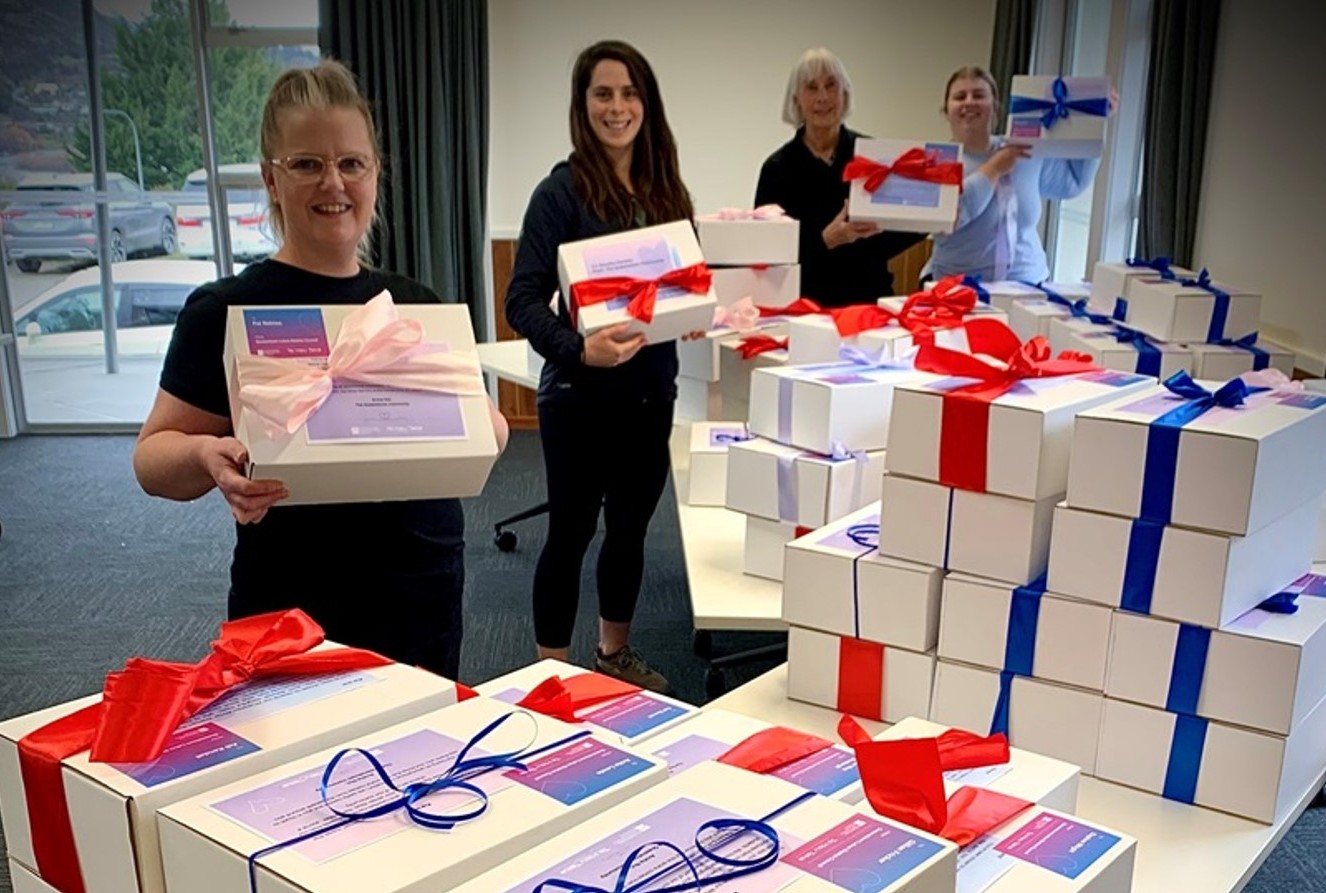
Tourist towns and rural communities were hit hard by border closures and lockdowns in the Covid-19 pandemic.
People living in Queenstown Lakes, Central and Fiordland areas faced not only the prospect of a catching a deadly virus but also the economic impact of job losses and businesses going under, not to mention isolation and actual illness.
But if there is a silver lining from the suffering, it's found in the response from the communities and many charities, groups and agencies that supported them.
Released this week, an independent review has heaped praise on an initiative from the Te Hau Toka Southern Lakes Wellbeing Group, which aimed to help residents find ways to connect, look after themselves and each other and have some fun.
The Connecting Communities fund was a micro-funding project which invited not-for-profit groups to apply for up to $1000 three times a year, to fund community activities promoting mental wellbeing.
More than $500,000 was allocated to 556 groups over eight funding rounds.
Psychologist Dr Delwyn Goodrick describes the fund as "very effective" in supporting mental wellbeing across the communities.
"Community ownership and participation have been key and the programme has demonstrated the power of collective action," he says in his 63-page report.
"Health promotion initiatives were undertaken with, and by the community, to strengthen mental wellbeing. Actions were informed by evidence. The range of initiatives and groups supported ensured that mental wellbeing messages reached far and wide across communities."
Overall, Te Hau Toka’s work was described as "inspiring, moving and meaningful", proving effective in promoting evidence-based wellbeing and amplifying existing or planned initiatives across the Southern Lakes areas.
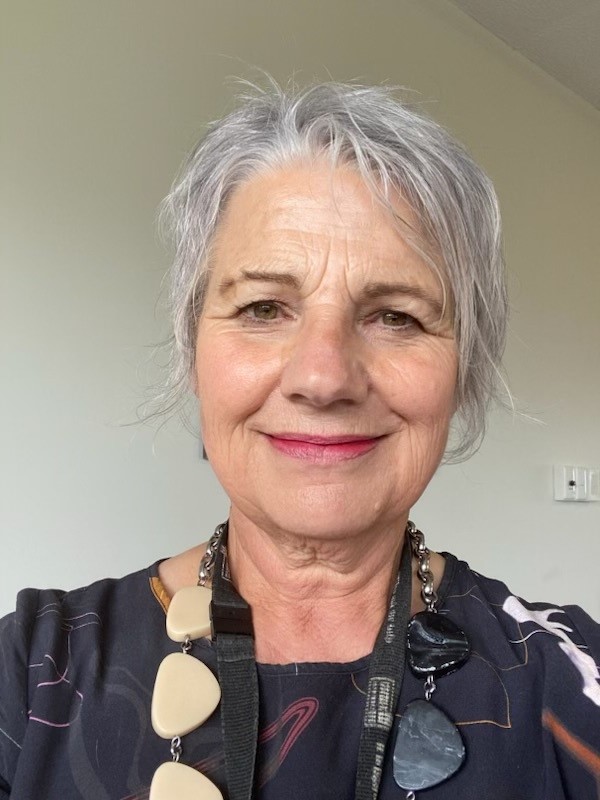
Adell Cox
Te Hau Toka Chair Adell Cox welcomed the report and said she was particularly pleased that it found that the group’s work had helped give locals "permission to speak" about mental wellbeing.
"While there’s more work to do, we’re humbled by what’s been collectively achieved. It shows that building community capacity and resilience by giving people the tools, education and support to look after themselves – and others – is critically important in helping them recover from adversity. These learnings will be valuable in shaping future programmes required to respond to emergencies or unanticipated events.”
Te Hau Toka was formed in June 2020 by a group of key health, social sector and local government agencies. It includes Health New Zealand – Southern, WellSouth Primary Health Network, Queenstown Lakes District Council, Central Lakes Family Services, the Fiordland Wellbeing Collective, and iwi.
Dr Goodrick's report, based on 52 individual interviews with people who arranged or took part in the community activities, found that the group’s work was particularly effective because it came from engaged people who ‘walked the talk’ of community wellbeing, met every week, and made decisions that were transparent, based on criteria, and well-documented.
The governance group, made up of the iwi representative of the seven runaka, the three mayors of the region, and the Health New Zealand - Southern director, also provided strong support and advocacy.
“Our group came together after the COVID-19 lockdown began because we were concerned about the negative effect the fast-moving events and wall-to-wall media coverage was having on people’s mental health," Cox says.
"We knew we needed to do something to stop it spiralling. We each had different skills to contribute to collectively try and make a difference."
Te Hau Toka, which received funding from the Government’s Tourism Communities: Support, Recovery and Re-set Plan, employed three mental wellbeing coordinators and launched a range of initiatives, including the Youth Mental Health First Aid programme.
It continues to work as an an inter-agency collaboration for regional health and wellbeing in the Southern Lakes region which focuses on promotion, prevention and early intervention with an equity lens.

